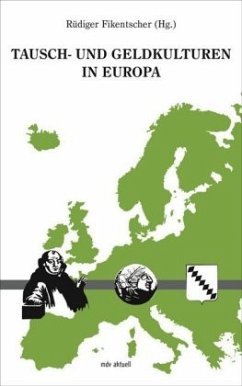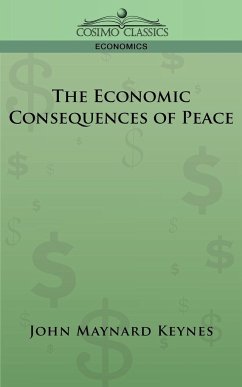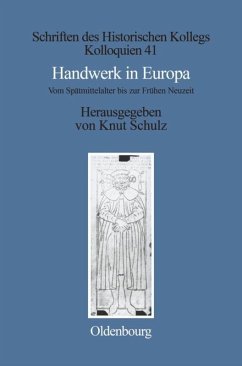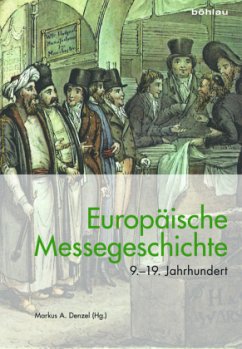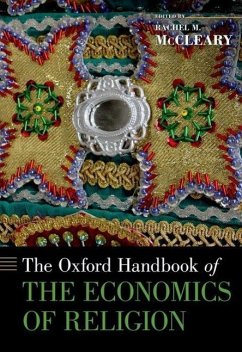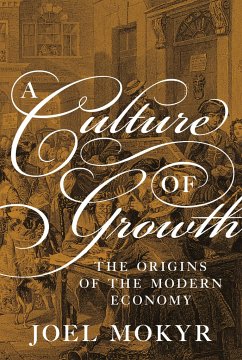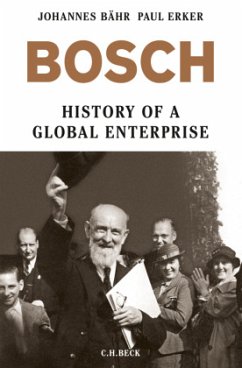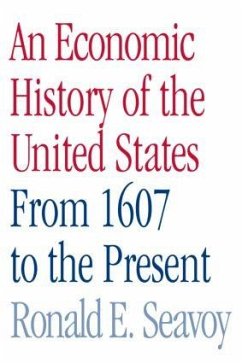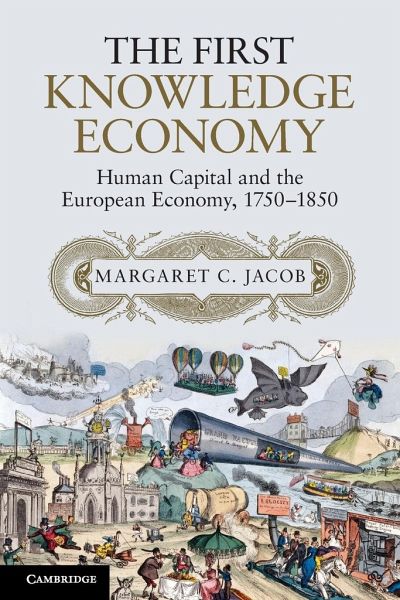
The First Knowledge Economy
Versandkostenfrei!
Versandfertig in 1-2 Wochen
40,99 €
inkl. MwSt.

PAYBACK Punkte
20 °P sammeln!
Ever since the Industrial Revolution debate has raged about the sources of the new, sustained western prosperity. Margaret Jacob here argues persuasively for the critical importance of knowledge in Europe's economic transformation during the period from 1750 to 1850, first in Britain and then in selected parts of northern and western Europe. This is a new history of economic development in which minds, books, lectures and education become central. She shows how, armed with knowledge and know-how and inspired by the desire to get rich, entrepreneurs emerged within an industrial culture wedded t...
Ever since the Industrial Revolution debate has raged about the sources of the new, sustained western prosperity. Margaret Jacob here argues persuasively for the critical importance of knowledge in Europe's economic transformation during the period from 1750 to 1850, first in Britain and then in selected parts of northern and western Europe. This is a new history of economic development in which minds, books, lectures and education become central. She shows how, armed with knowledge and know-how and inspired by the desire to get rich, entrepreneurs emerged within an industrial culture wedded to scientific knowledge and technology. She charts how, across a series of industries and nations, innovative engineers and entrepreneurs sought to make sense and a profit out of the world around them. Skilled hands matched minds steeped in the knowledge systems new to the eighteenth century to transform the economic destiny of western Europe.





